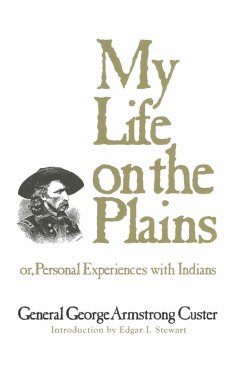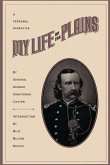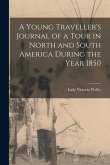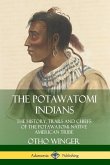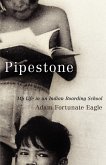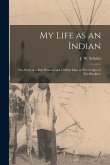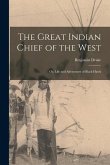"A graphic word picture of the experiences of one of the most controversial and publicized Indian Fighters the United States Army has ever produced."--Military History When General Custer led his troops to annihilation in the Battle of the Little Big Horn in 1876, he was possibly the most notorious Indian fighter the army had known. In his own time, he achieved much of his fame as a daring soldier from his own published accounts of his adventures. Indeed, in My Life on the Plains, originally published serially in The Galaxy magazine starting in May, 1872, Custer displays the flamboyance and glamour generally attributed to him by others. Covering the years 1867-69, the period of most extensive military activity against the Plains Indians, Custer's book tells of the newly reorganized Seventh Cavalry's operations on the frontier. In the telling, it aroused fresh controversy over the Battle of the Washita during the Winter Campaign of 1868. In fact, Custer so vigorously denounced the "humanitarians" espousing the "Indian peace policy" that one of those named by him - General W. B. Hazen - defended his reputation in a pamphlet issued in 1874. Hazen's rebuttal, entitled "Corrections of Life on the Plains," is appended to this volume. Volume 52 in the Western Frontier Library George Armstrong Custer was an 1861 West Point graduate and a dashing officer in the United States Cavalry during the Civil War.

